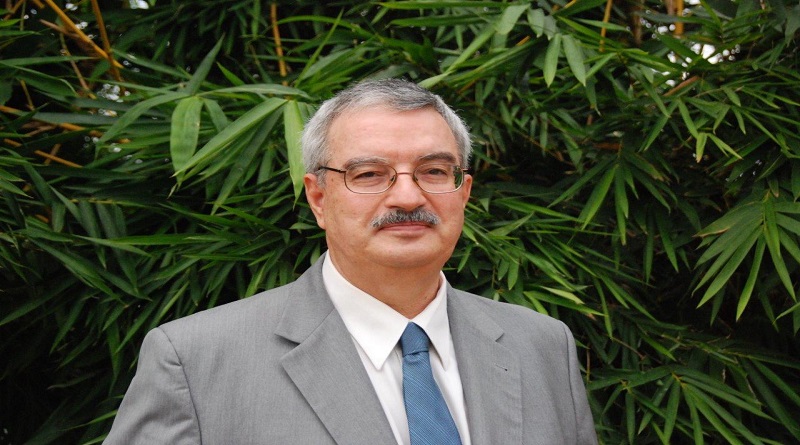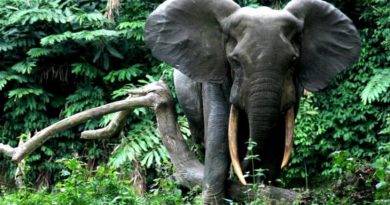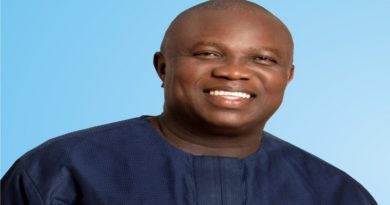Conference promotes links between biological, cultural diversity
The 1st Asian Conference on Biocultural Diversity, held from 27-29 October in Nanao City, Ishikawa Prefecture, Japan, produced a regional Declaration on Biocultural Diversity and an annex of practical actions that can be taken at different levels to strengthen the links between biological and cultural diversity for a sustainable future living in harmony with nature.
In Asia, many local communities use resources provided by ecosystems for their distinct local cultures. It is essential that such local natural resources are regarded as assets to be protected and preserved, and furthermore, utilized appropriately and wisely for the vitalization of communities.
In the conference Declaration, participants committed to further exploring and implementing integrated approaches to conservation, sustainable and equitable use and the equitable sharing of benefits arising from nature, through strengthening   and transmission of resilience of local biocultural diversity, including by enhancing and supporting local and traditional knowledge systems, technologies and cultural practices.
“Both cultural and biological diversity are the common heritage of humanity and must be recognized as such and affirmed for the benefit of present and future generations,†said Braulio Ferreira de Souza Dias, Executive Secretary of the Convention on Biological Diversity (CBD).   “Cultural and biological components of the Earth’s diversity are not only closely related but are also inextricably linked. They have co-evolved and continue to change in an interdependent and mutually reinforcing way.â€
The conference, organized by the United Nations Educational, Scientific and Cultural Organization(UNESCO), CBD Secretariat, United Nations University, and the Ishikawa Prefectural Government, highlighted that actions from local to international levels that value and protect biodiversity and cultural diversity can benefit people in many ways, including through better health, food security, access to clean water, and less poverty. These actions can also help people adapt to climate change, by adding resilience to both human communities and ecosystems and making them less vulnerable, and by providing the needed genetic resources to adapt food systems to face the impacts of climate change.
Yet, when it comes to policy making and management decisions aimed at reversing global trends of diversity erosion, biological and cultural diversity are treated as distinct and completely separate issues. “These dual approaches often lead to diverging and sometimes conflicting agendas, undermining the advances made in the field of biodiversity at the expense of those in cultural diversity and vice versa,†said UNESCO Assistant Director-General for Natural Sciences, Flavia Schlegel. “In this context it becomes clear that instead of fragmentation, the global erosion of diversity needs to be addressed in a holistic way that recognizes the links between biological and cultural components.â€
Conference participants committed to engaging in promoting diverse and culturally appropriate means of local, sustainable, and culturally appropriate development through dialogue, mutual exchange and learning –especially through local implementation of international designation systems such as the CBD, the Food and Agriculture Organization of the United Nations, Globally Important Agricultural Heritage Systems, UNESCO Biosphere Reserves and Geoparks, UNESCO World Heritage sites and others.
Participants also invited international and regional organizations, national and local authorities, to establish or further develop and support platforms for dialogue, where citizens, indigenous peoples and local communities, municipalities, business entities and researchers, can build networks and foster exchanges and partnership, towards better policy development regarding biocultural diversity and urban-rural linkages.
The CBD Executive Secretary, Braulio de Ferreira de Souza Dias, UNESCO Assistant Director-General for Natural Sciences, Flavia Schlegel, and the Governor of Ishikawa Prefecture, Masanori Tanimoto, opened the event.
The Declaration and related actions will be presented to the UN Biodiversity Conference1 in Cancun, Mexico, being held between 2 and 17 December 2016.
The 1st European Conference for the Implementation of the UNESCO-SCBD Joint Program on the Links between Cultural and Biological Diversity was held in Florence, Italy in 2014. Discussions by re searchers and practitioners who have been involved in biocultural diversity activities emphasized the importance of biological and cultural diversity for our welfare, and the Florence Declaration on the Links between Cultural and Biological Diversity, which advocates mutual coordination in policymaking on various levels, was adopted.




